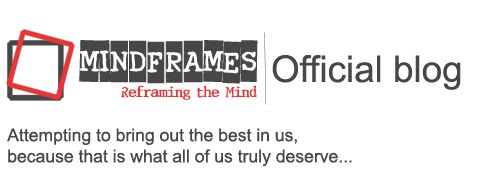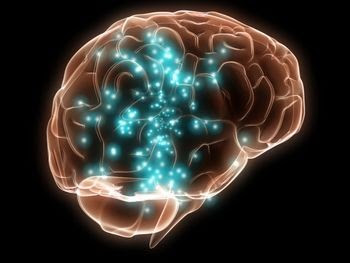
Need for success
Everyone doesn’t feel the itch to succeed.
Some yearn for it relentlessly but fail to achieve it; others seem nonchalant
about it and are always accomplishing tough goals with poise. Success has distinct
definitions for different people. Nonetheless, the Olympic gold for the runner equates
the daily target of the minimum wage earner when he earns his daily bread;
success is sweet, success is rewarding and success is desirable. That definitely
makes success worth the effort needed to achieve it…
























